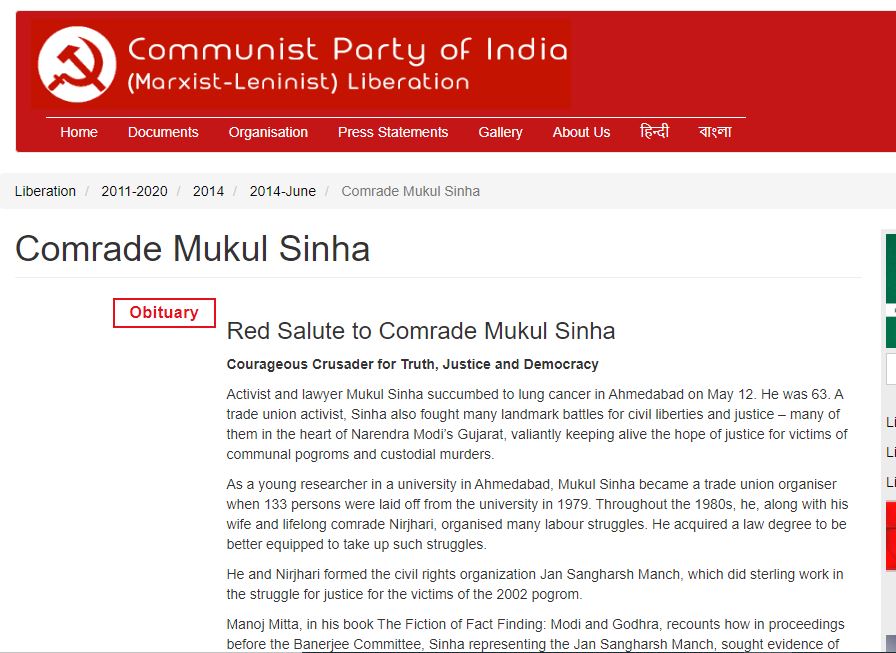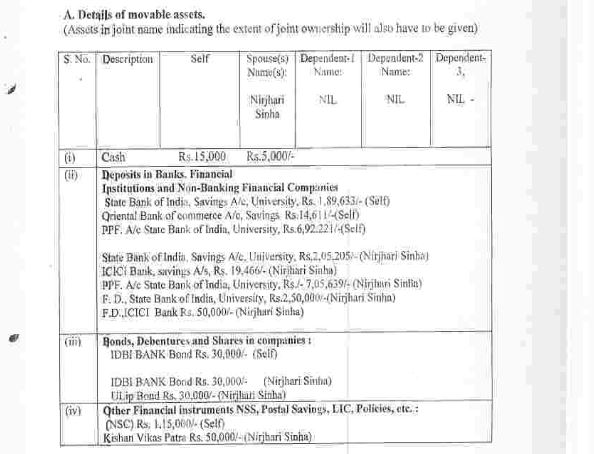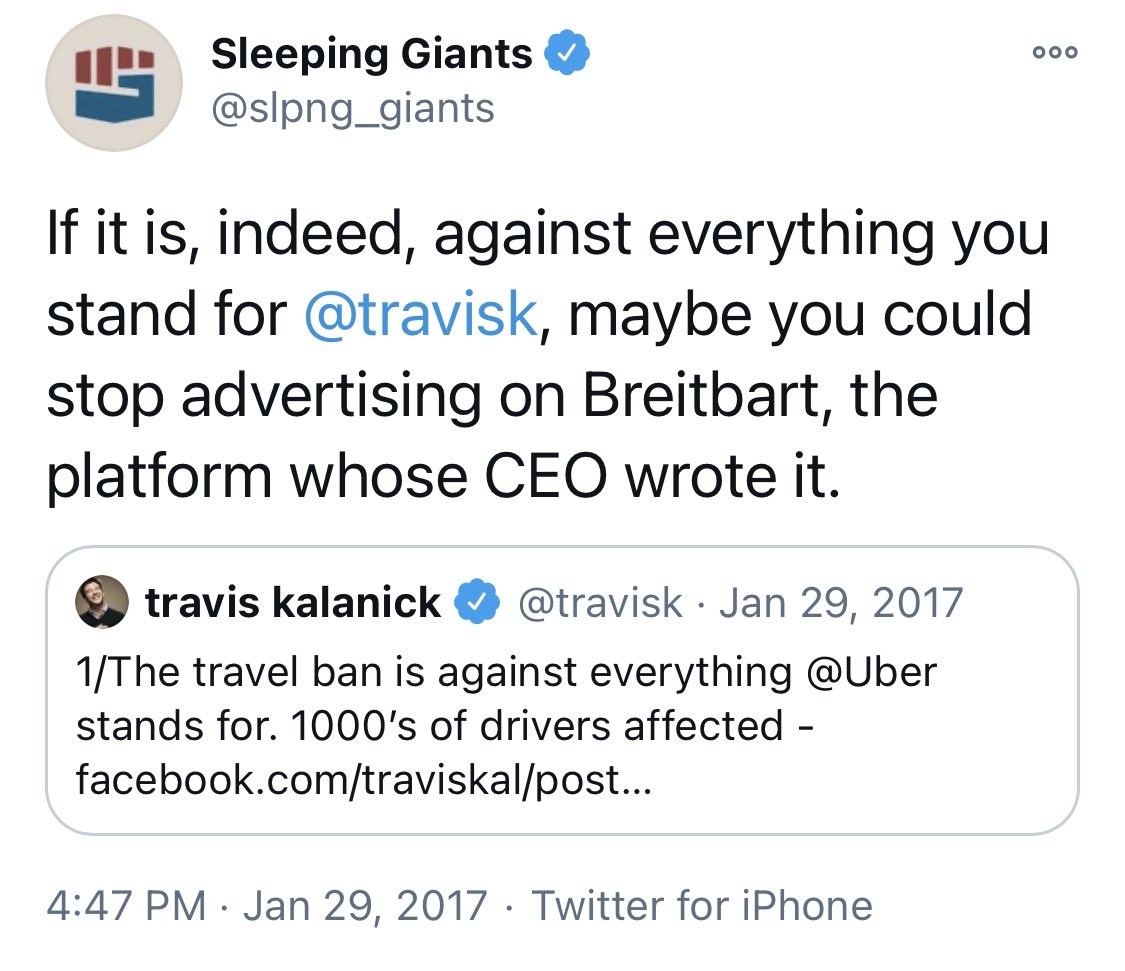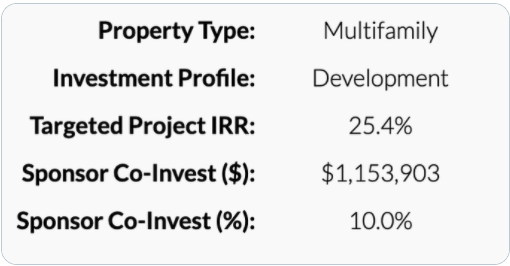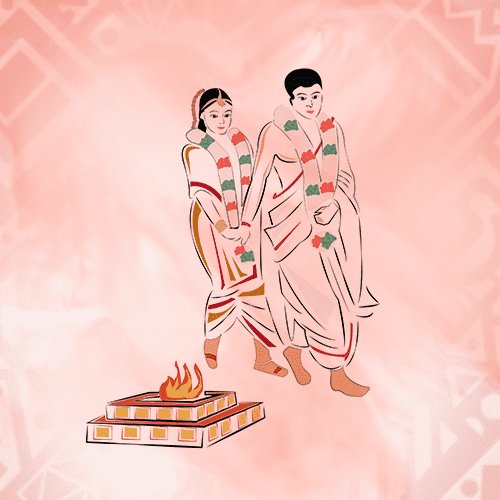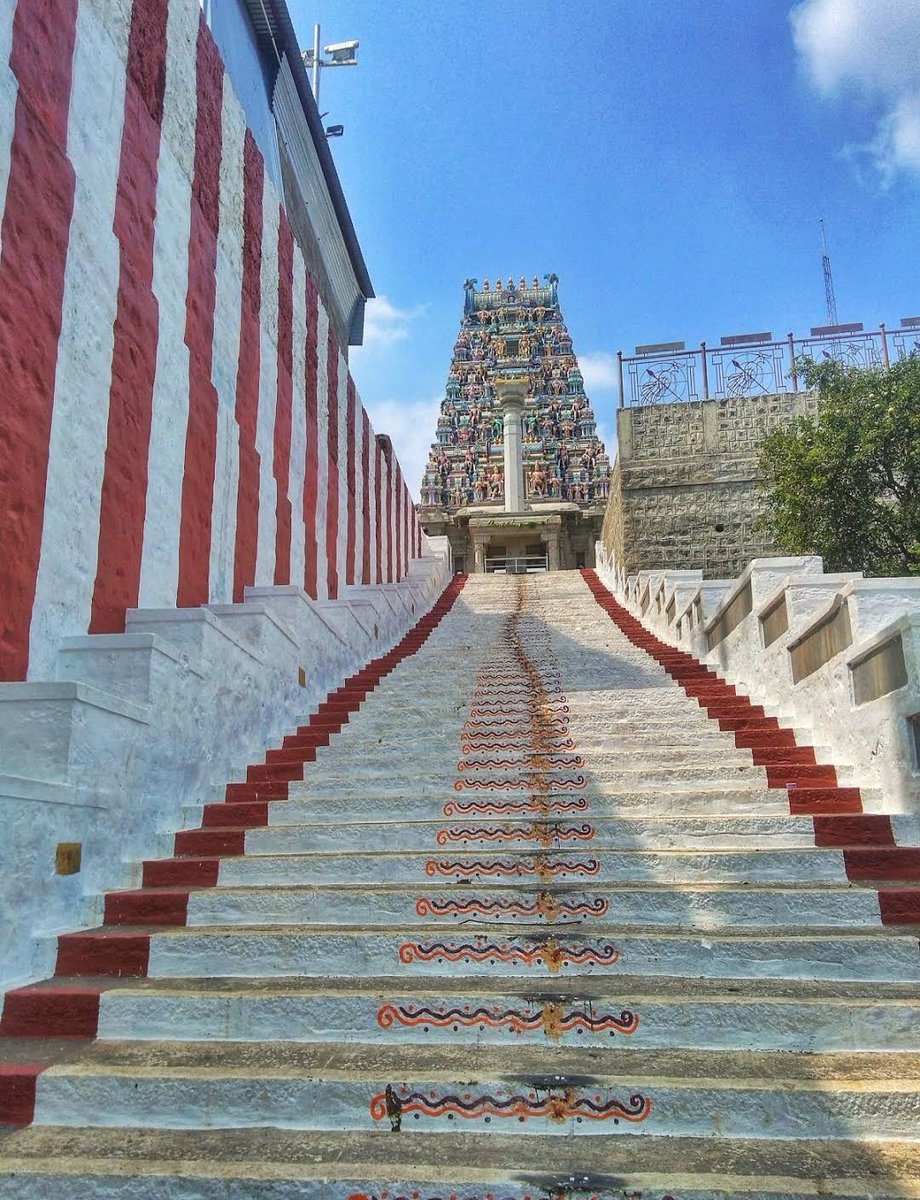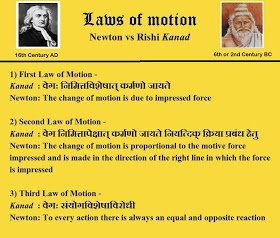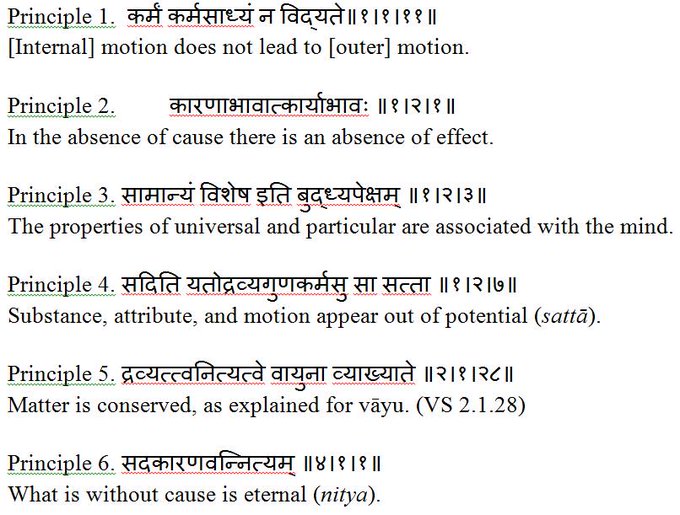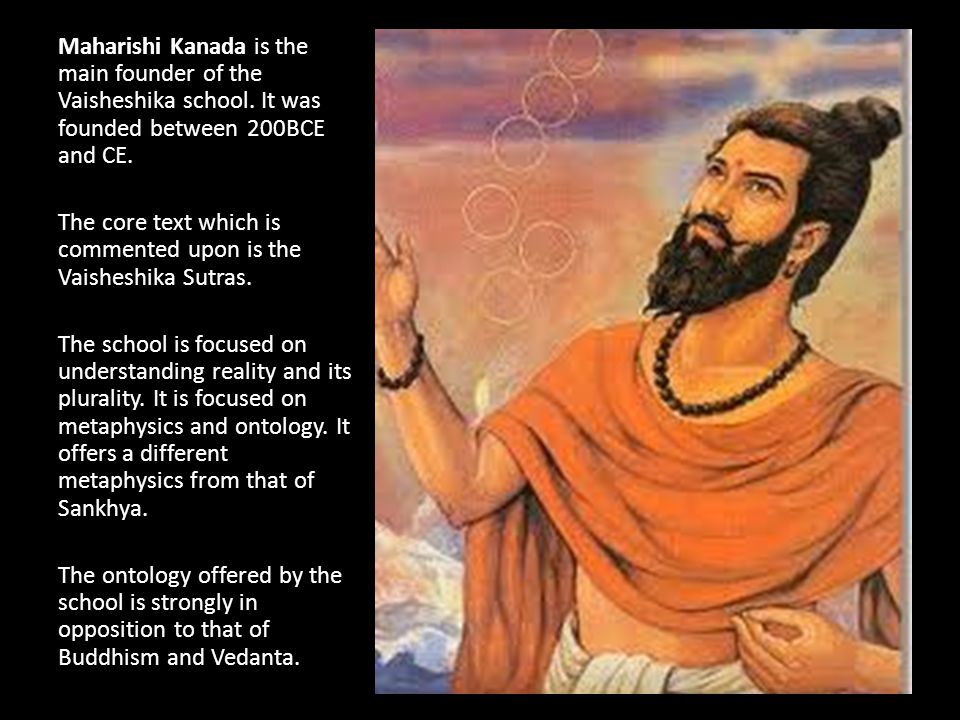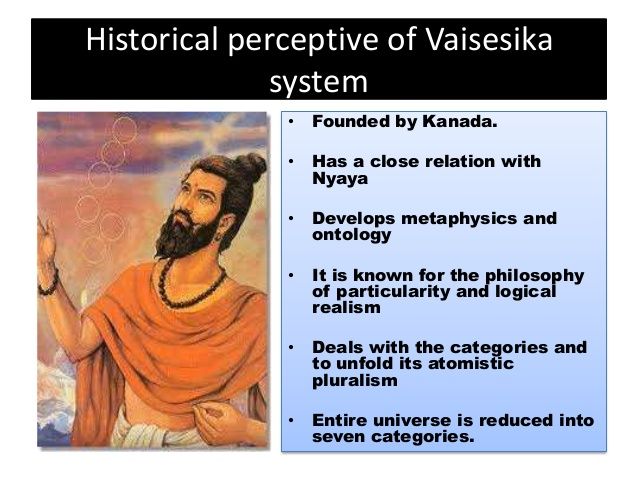This is a GREAT argument to pull up when talking to people about minimum wage. Some others nested below
"it doesn't affect me if companies pay low wages"
— Dan Price (@DanPriceSeattle) February 11, 2021
In reality, you're paying for it. Over 50% of people on food stamps are actively working. The leading employers are Walmart, McDonald's and Amazon.
As taxpayers, you're subsidizing corporations to pay literal poverty wages.
Helps Infant mortality? Yup.
Lowers Suicide? Yup.
Reduce smoking rates? You bet.
This is millions of workers.
370%!!!
*(poverty line is calculated poorly, it would realistically be way more than this)
You only don’t want to raise minimum wage for bad faith reasons.)
#FightFor15 #MinimumWage #RaiseTheWage #raiseminimumwage
#LivingWage


